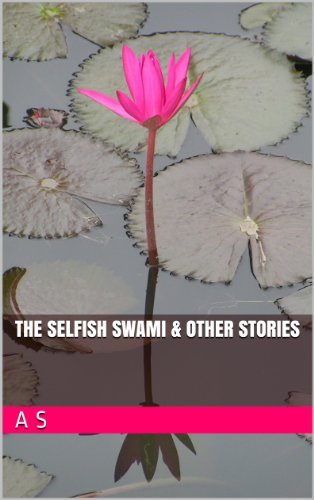- It is adequately protected from the forces of nature, including other beings which may harm it. The type of protection the tree needs may be different at different stages of its lifetime.
- It gets adequate water, sunlight and nutrition. Other trees (of the same or different kind) do not take away its fair share of water, sunlight and nutrition.
- If the tree is too crowded in by other plants and trees, it may not flourish. On the other hand, if it is too exposed to the sun, winds and seasonal changes, it may die young.
The tree needs an ecosystem which is best-suited for its growth. I call such a best-suited ecosystem as the Optimum Ecosystem. An optimum ecosystem is an environment in which a living being can flourish, grow and lead a happy, healthy life, achieving the best possible life expectancy.
The same concept can be applied to a person who works in an organization. A person will experience good learning and progression, and make useful contributions to the best of his/her ability in an organization which is an optimum ecosystem for her/his talents and career. Such an organization will have the following characteristics:
- It will be of the right size for the person's energy, drive and opportunities he seeks. Some of us do better being big fish in a small pond, others do better in being a small fish in a big ocean.
- It will provide the right kind of learning opportunities and challenges to the individual at different stages in his professional life. Too many challenges might overwhelm a person and cause a breakdown, too few challenges might waste his/her time, talents, energies and corrupt the person. Too many opportunities might cause confusion and induce complacency. Too few might cause frustration and adversely affect the morale.
- It provides the right quality and variety of colleagues to the person. If most of the people in the organization are no different from the person, s/he is just one of many and s/he may not be adequately valued. It is also important to have colleagues who can guide, coach and inspire. If the benchmarks for talents and performance of everyone in the organization is low, even the new employee will perform at lower levels.
- It will value and reward the person right. Most people usually think they deserve more pay than they are actually receiving. Most organizations are willing to offer a higher pay package to a new hire from outside, than they actually pay to a person within the organization with same/similar qualifications, skills and experience. These are hard facts of today's organizations. Despite these facts, a good organization will not let it's people think that their pay-packet is too unfair, too far below the market rates.
These are only a few of a long list of qualities which make an organization the optimum ecosystem for a person's career. In addition to being a great working place, an organization has several other important objectives, such as profit-making. It has to balance all these objectives. In the bargain, it may sacrifice some of the qualities which make it a great work place.
Moreover, everybody is not suited to all kinds of organizations. Despite our best efforts, we may not be able to know everything we would like to know about an organization before we join it. There may be times when we discover only after joining an organization that it does not suit us. Also, different organizations suit us at different stages in our career. In modern times, very few people find the same organization to be an optimum ecosystem for their entire career.
Fortunately, unlike plants and trees, we are not rooted to one place. We have the option of leaving and moving on. We must always be conscious about the kind of ecosystem our organization provides for our careers. We must know what our career needs and aspirations are, and be aware of the kind of ecosystem in which we can flourish. We must constantly keep ourselves informed about the kind of ecosystems offered by different organizations. We must make educated choices and not be afraid to move on, if that is necessary.
To stagnate in a non-conducive or adverse atmosphere is to do a great disservice to ourselves. At the time that we are actually stagnating, we may not realize how much it is costing us. However, everything in life is cumulative. What we do in a particular year does not go away easily. The costs and benefits accumulate and influence the rest of our life. That applies to our work life also. Hence, complacency regarding our career ambitions and aspirations must be diligently avoided.
Everything I have mentioned above about the optimum ecosystem for our careers, can be extrapolated to cover all aspects of our life as well.









:-). Will post thoughts later. In a rush now.
ReplyDelete-Sh